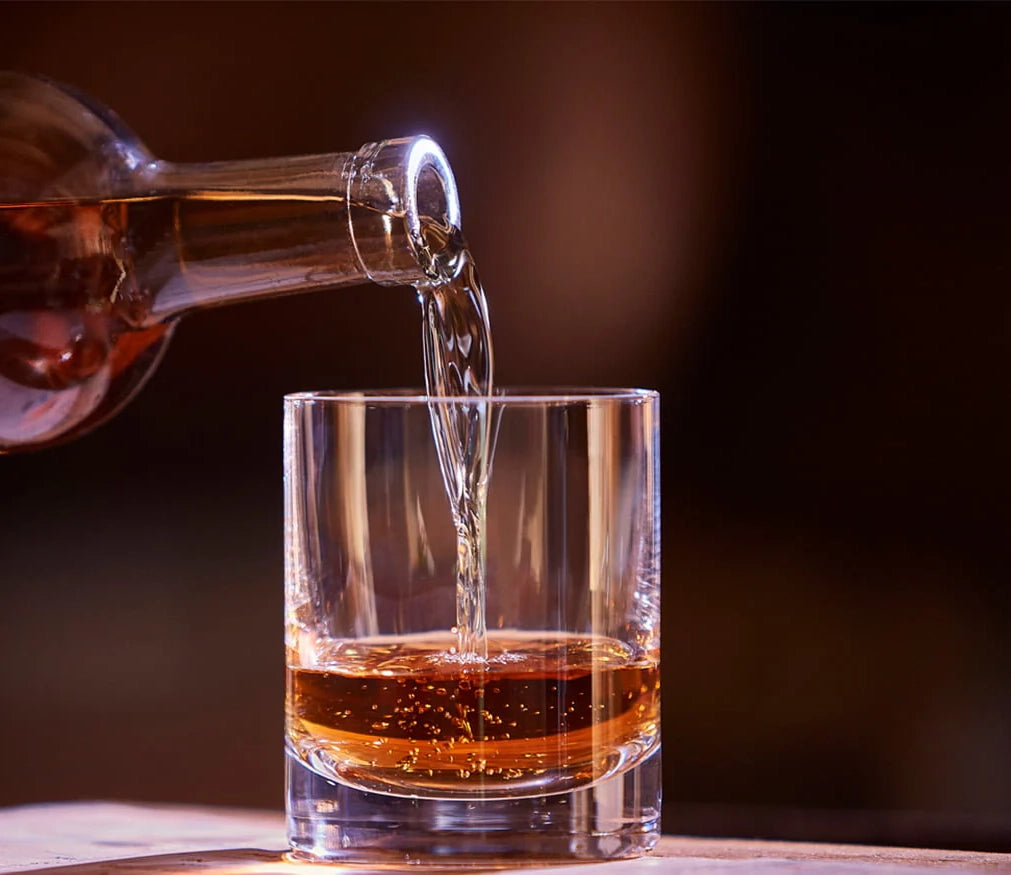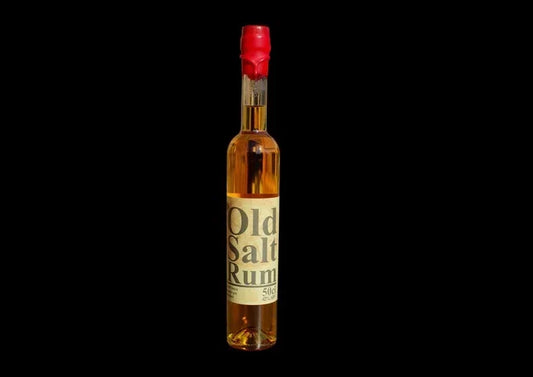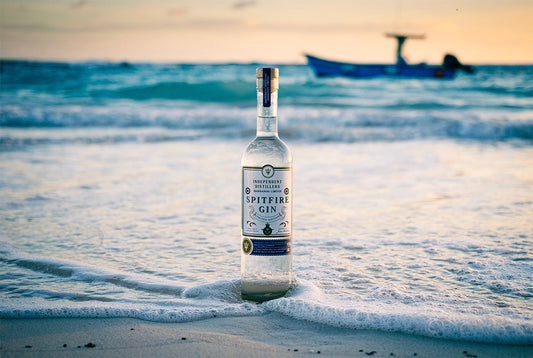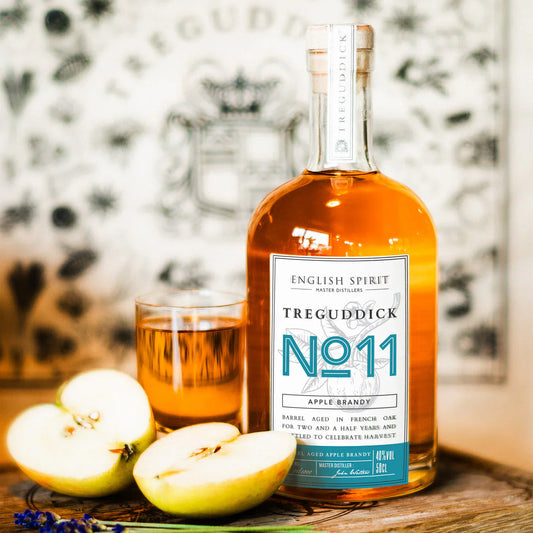
British-born rum: a movement in the making

The English Spirit Distillery, founded by Dr John Walters, was an early pioneer. Its Old Salt rum was the first to be distilled and distributed in the UK back in 2012. Prior to this, most ‘British’ rums were made with imported liquid and simply matured in the UK.
Many more have since followed in Walters’ footsteps. They include Two Drifters in Devon, Scratch Spirits in Hertfordshire and Greensand Ridge in Kent. The latter makes its Wealden Rum from surplus molasses from the Tate + Lyle sugar factory. The Cornish Distilling Company, founded in 2016, makes a trio of British rums – Morvenna spiced, Morvenna white and Mooncurser. Seawolf White Rum and Matugga Rum, are both distilled in Scotland. While White Peak in Derbyshire makes a rum finished in three casks; ex-Bourbon, charred virgin oak and ex-red wine casks from Portugal.
One of the most recently founded rum distilleries is DropWorks, which was opened in 2023 by Lewis Hayes, also owner of the Black Parrot bar in London (which houses one of the city’s biggest and best collections of rum). Based in Sherwood Forest, Nottinghamshire, DropWorks is the “largest rum distillery in Europe” spanning 17,000 sq ft and uses three types of bespoke copper stills – a 3,000 litre pot still, 1,500 litre hybrid still with an eight plate column and a 1,500 litre double retort – the first of its kind in England.
“British rum is still evolving, and we, as producers of rum in Britain, are not trying to replicate any other specific rum-making region,” explains Hayes. “We are focused on making premium, high-quality rum that helps elevate the entire rum category. One way we can elevate the category is by focusing on providing knowledge to the drinks industry and educating consumers, helping them navigate the wonderfully diverse world of rum.”
Innovation
DropWork’s most recent release, BarrelDrop, is made from rum aged for around 12 months in an STR hybrid cask, that is a cask with an STR (shaved, toasted and re-charred) Portuguese oak head and an STR American oak body, American oak, Portuguese oak, and a small proportion in virgin American oak casks. This allows the rum to absorb the barrel-aged flavours and colours in a faster timeframe. This technique has been used in the English whisky industry, but this is the first time it’s been used for rum.
“STR’s themselves are a bit of a bit of a modern phenomenon, and the English whisky guys have been working on that, but no one in the rum industry had done it,” says Hayes. “Because, again, the rum industry is similar to Scotch. They’ve been doing things in a very traditional way for a very long time, whereas we’re able to engage with innovation in other sectors, like the casking industry. Second of all, Portuguese and American oak has never been pulled together in a hybrid cask.”
Why now the growing interest in British-made rum?
“The growth in ‘from scratch’ I think is two-fold, it’s recognition that there is a future for British rum to be created rather than simply working to finesse someone else’s imported spirit, but also an acknowledgement that we need to do more to make the spirits industry more sustainable,” says Carl Churchill, CEO of V Rum, a British-made, sustainably-produced rum brand based in Hampshire. “There will always be some spirits that have to be imported because of the limitations around how they are marketed or legal production requirements, but there are others where innovation in great liquid can happen on home soil and rum is absolutely one of those.”
Clearly one thing the UK doesn’t have is the Caribbean’s tropical climate. That’s not a concern for Hayes. In fact he sees it as an advantage. “There are many untruths and misunderstandings about aging and the climate in which casks are left to mature their liquid,” he says. “One thing I would say is that the UK’s climate is quite desirable to most distillers around the world. All you need to do to understand this is look at the value of the mature stock in Scotland. Simply put, a cooler and more temperate climate is better suited for long maturation.”
Though climate isn’t the only factor affecting style. The type of barrels accessible in Europe also differs to places like the Caribbean, with ex-wine casks, from Bordeaux, Port, Sherry and also ex-whisky barrels, more readily available for experimentation. “Ageing rum is certainly about climate but also around process – how is it aged and not just where is it aged,” adds Churchill. “We can acquire incredible used barrels to age rum in. At the moment we have approaching 50 barrels that were originally used by other spirits, each of them will contribute to a flavour profile that brings real uniqueness to our rum regardless of the climate its aged in.”
Legal distinction
Currently, there is no legal distinction between rum distilled in the UK and those imported, blended and finished in the UK. And so it’s down to the producers to communicate their point of difference. “I believe, and I hope, that we will see a major shift towards stricter regulation of rum rules in the UK and further afield,” says Hayes. “It is not acceptable that shops, bars, and producers across the UK are selling flavoured rum as ‘rum’ when rum must not be flavoured. This confuses consumers and undermines the rum category.”
Sustainability is also a big focus, and an area that Churchill thinks British rum could really make its mark. “I think we have to acknowledge the origins of rum, we have to acknowledge that there are more established rum-producing regions, but there is a space for premium quality, British rum particularly with a focus on sustainability,” adds Churchill. “It’s really time for British rum to forge its own path.”









